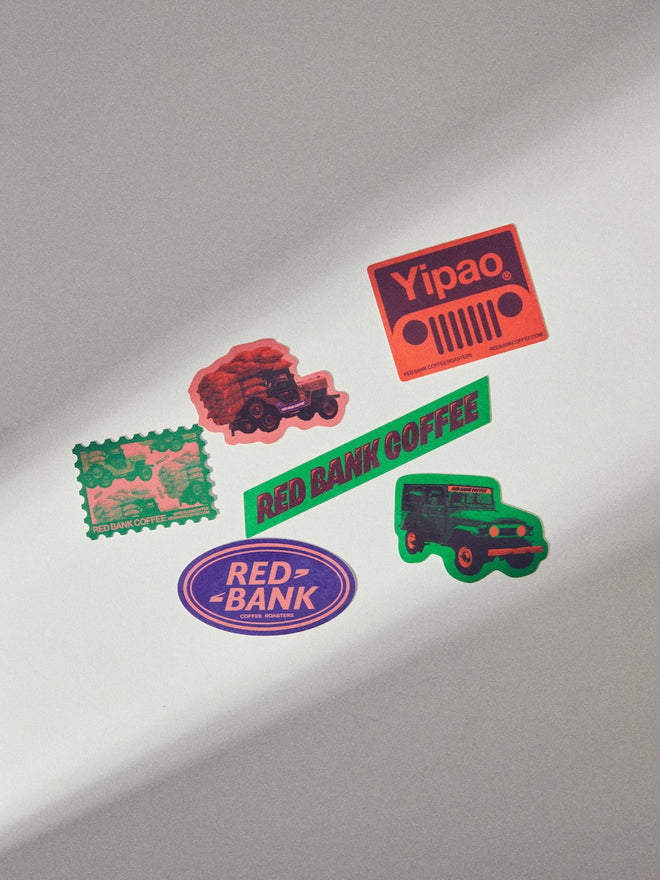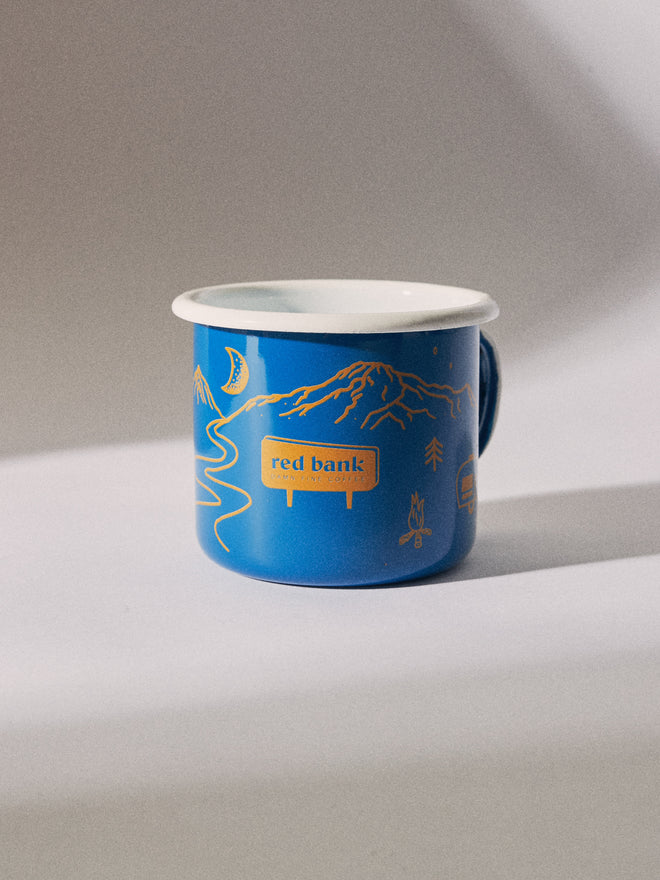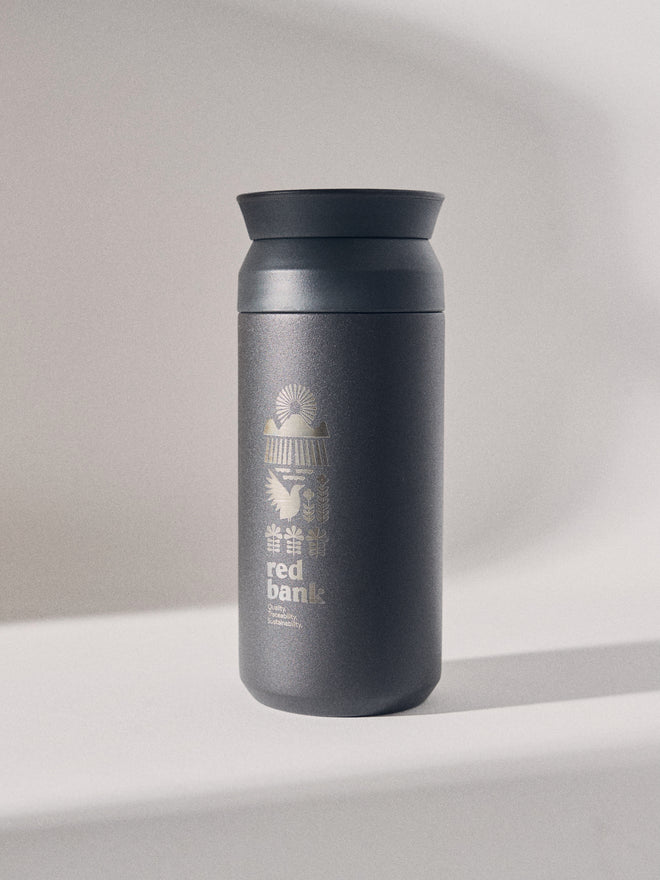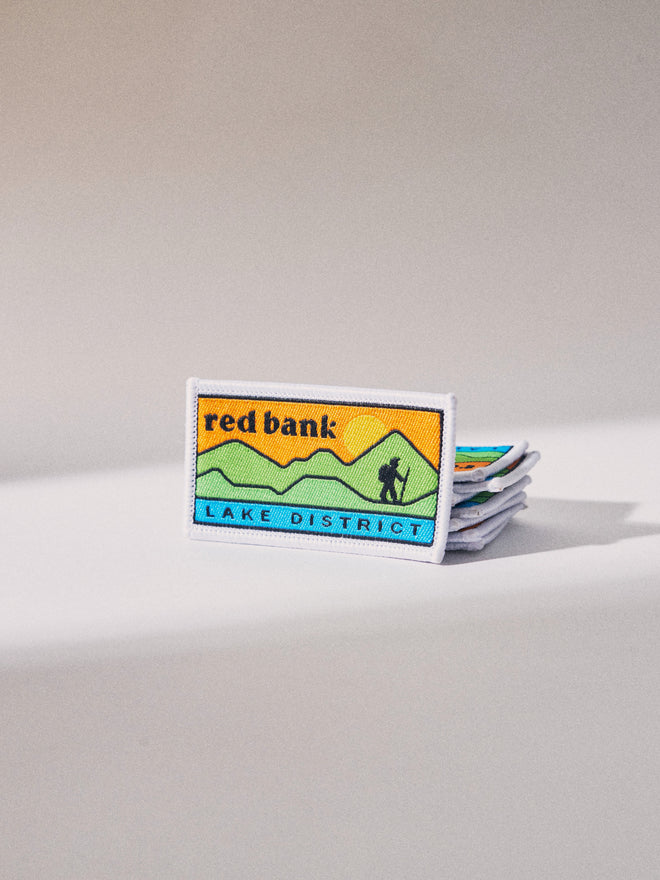Wush Wush
£15.00
£70.00
Delivery Details
Orders received by 9am Monday / Thursday will be dispatched by Wednesday / Friday with Royal Mail Tracked 24 (or with DPD if over 2kg). Tracking information will be sent to the email and mobile provided at checkout on dispatch.
Our Packaging
Our 250g and 1kg bags are made from 83% post-consumer recycled material and are fully recyclable, including the valve and zipper.
Please put the entire bag in soft plastic recycling (LDPE - Plastic #4) along with plastic bags, bread wrappers and any other plastic film.
If you don't have your own kerbside LDPE recycling collection, you can find your nearest LDPE recycling point here.
Sweet, round and floral, with notes of vanilla, lychee and Turkish delight.
-
OriginEl Fenix, Calarcá, Quindio
-
CountryColombia
-
Altitude1,680-1,800 MASL
-
ProcessAnoxic Washed
-
VarietyWush Wush
-
NotesVanilla, Lychee, Turkish Delight

Origin Story
This particular coffee is the rare wush wush variety, processed by way of the anoxic washed method originally developed at El Fénix. Wush wush is an Ethiopian landrace variety named after Wushwush village near Gera in the west of Ethiopia where it was first discovered. It is notoriously low-yielding and difficult to grow, but the reward is a nuanced and complex cup profile that is sweet, round and floral, with notes of vanilla, lychee and turkish delight.
The anoxic washed method is a cost-effective and easy to replicate process developed by Miguel and the team at El Fénix, that has been implemented throughout the Raw Material network of producers. The pulped cherry is placed in a container which is then covered with plastic sheeting. Cold water is added on top of this, creating a seal and allowing for an anoxic environment for fermentation, whilst also acting as a heat exchange to control the fermentation temperature.
In our experience this process adds a layer of complexity to the coffee compared to it having been processed by way of the more conventional washed method, this coffee being a prime example that showcases the great potential for this rare variety in Colombia.







